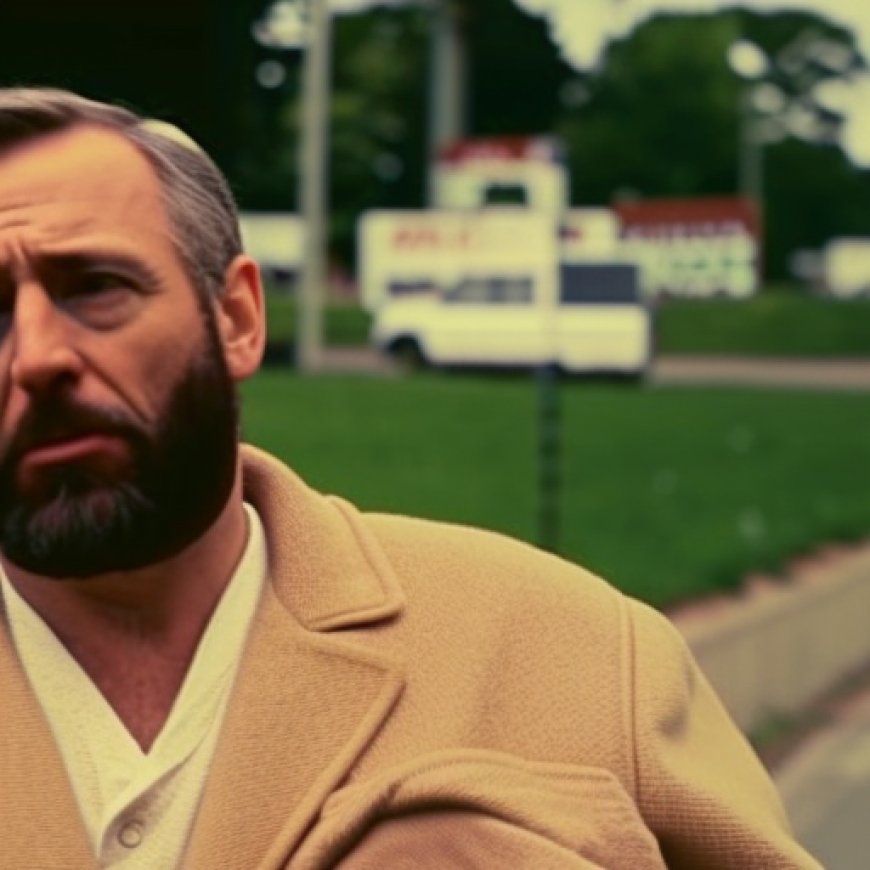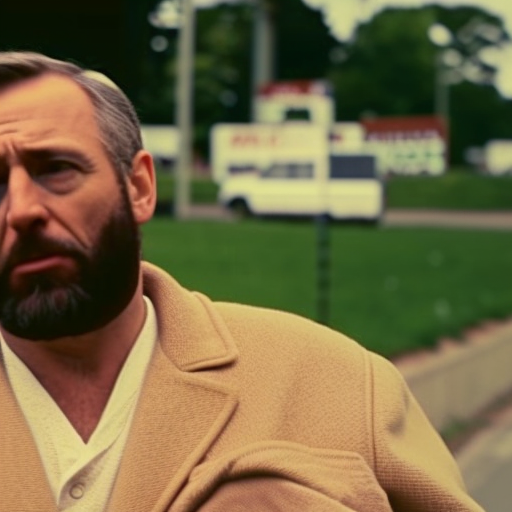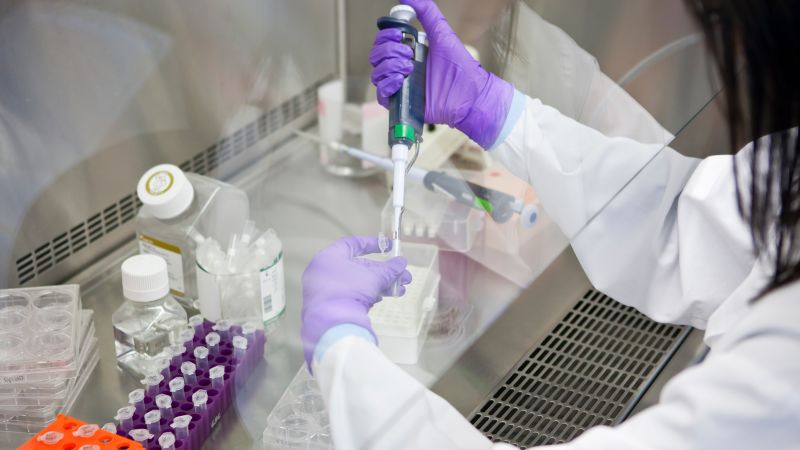Drug shortages’ effects on cancer research may be felt for years to come | CNN
Drug shortages’ effects on cancer research may be felt for years to ... CNN


Sustainable Development Goals and Cancer Drug Shortages

CNN
—
The Impact of Cancer Drug Shortages on Research and Patients
The United States is currently experiencing severe shortages of cancer drugs, leading to delayed or cancelled chemotherapy appointments for thousands of patients. However, the consequences of these shortages extend beyond current patients. Experts warn that the effects on cancer research could be felt for years to come.
Shortages Affecting Cancer Research Trials
The National Cancer Institute, the primary federal agency for cancer research and training, has reported that at least 174 out of its 608 trials may be impacted by the drug shortages. However, this number does not account for other trials that rely on these drugs or potential trials that researchers are unable to initiate.
Currently, there are at least 25 cancer drugs in shortage, including carboplatin and cisplatin, which are widely used in the treatment of various cancers. These shortages pose a significant challenge to cancer research, as cisplatin and other platinum-based drugs are prescribed for a substantial portion of cancer patients.
The Impact on Cancer Moonshot Initiative
The Cancer Moonshot initiative, launched in 2016 with the aim of accelerating progress against cancer, emphasized the importance of cutting-edge research. However, with the record number of cancer drug shortages, conducting even basic research has become extremely challenging.
Crucial Work on Hold
The drug shortages have made conducting clinical trials nearly impossible, leading researchers to question the feasibility of their work. Dr. Shadia Jalal, an associate professor of medicine and a cancer researcher, expressed her frustration with the impact of the shortages on her trials and the overall progress against cancer.
Dr. Jalal oversees several clinical trials at the Indiana University Melvin and Bren Simon Comprehensive Cancer Center, which have significantly improved patients’ chances of survival. However, the shortages have affected every aspect of her work and have taken a toll on her motivation.
While some trials have been able to continue, many researchers have been forced to shut down new clinical trials due to the shortages. This not only affects individual patients but also hinders the development of better cancer medicine in the country.
‘No Real Rhyme or Reason’
The shortage of cancer drugs primarily affects generic medications used in conjunction with novel treatments. While pharmaceutical companies can usually supply the novel drugs, the availability of generics is often limited. This poses a significant challenge for researchers who rely on these drugs for comparison or combination therapies.
Recent surveys have shown that major cancer centers are struggling to find enough carboplatin and cisplatin, with shortages reported by 93% and 70% of centers, respectively. The Biden administration has worked on importing cisplatin to alleviate the shortage, but the drug remains on the FDA’s shortage list.
The shortages have forced researchers to make adjustments to their trials, causing delays and additional paperwork. The unpredictability of drug shortages makes it challenging to plan trials effectively, potentially rendering the research irrelevant by the time it is completed.
Concerns for Cancer Patients and Research
cnn.com

Join us, as fellow seekers of change, on a transformative journey at https://sdgtalks.ai/welcome, where you can become a member and actively contribute to shaping a brighter future.







